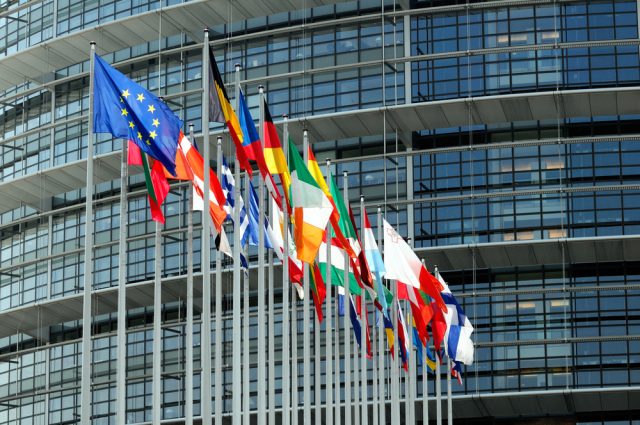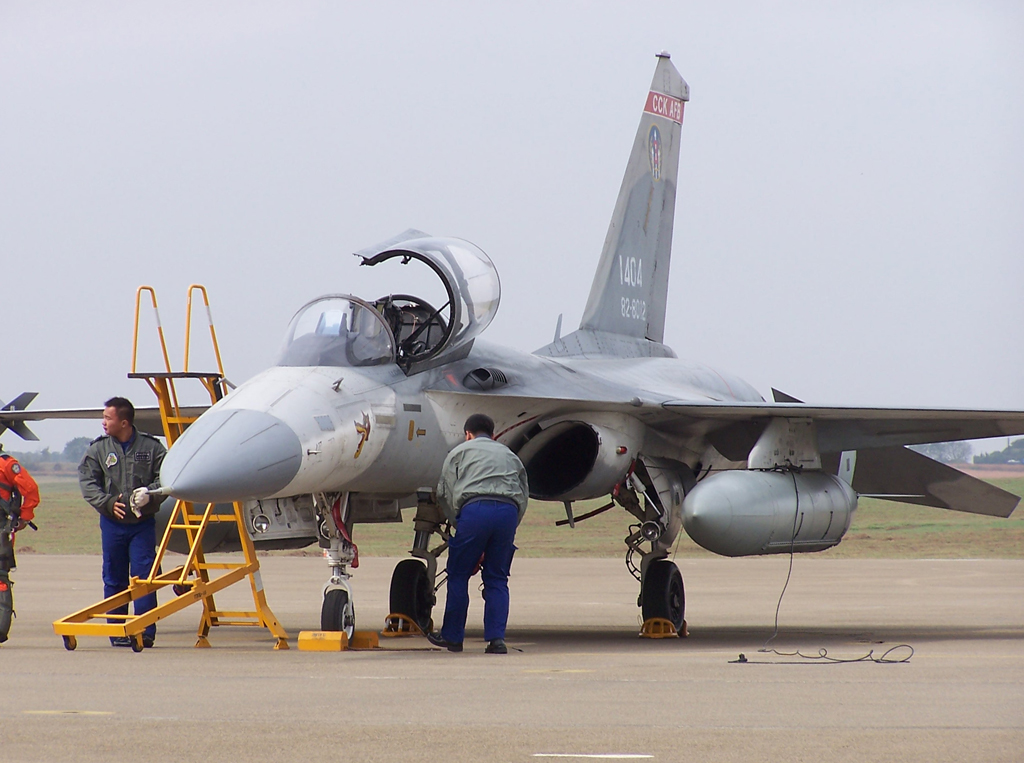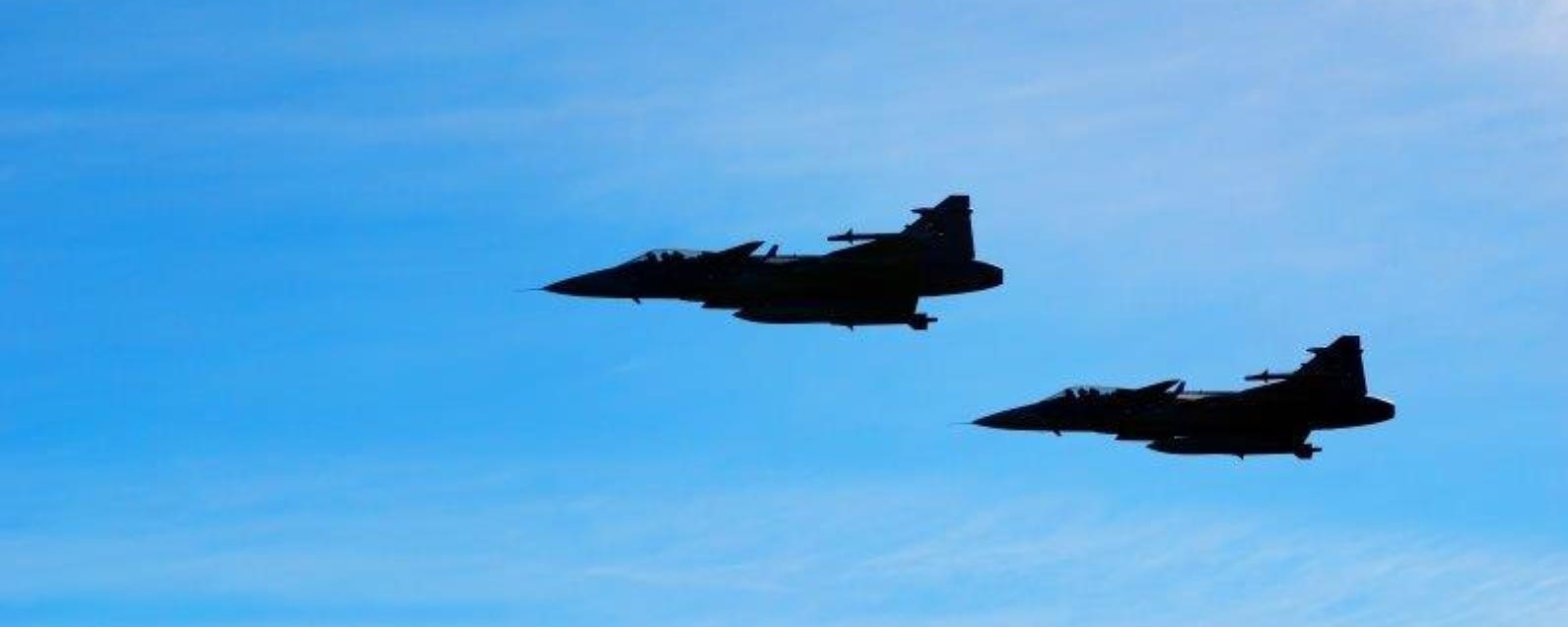
The creation of an EU army and the abandonment of unanimity in decision-making seem to be two of the major stakes in the process of amending the EU treaties. The process has practically been started, and the project should be implemented in the near future. But while the changes under public debate appear to be solutions to the current problems facing the EU – from abandoning unanimity voting, which makes it increasingly difficult to take necessary decisions blocked by countries with different visions and interests, to creating a defence that would make it independent of NATO in the face of imminent threats to its borders – so far, almost half the member states are opposed to a revision of the treaties that underpin the way the EU operates.
After the French President Emanuel Macron and European Commission head Ursula von der Leyen floated the idea of the need for a review, the Parliament adopted a resolution calling on the European Council to agree to start the process. For the EP, too, there is something at stake – the right of legislative initiative in areas previously prohibited. In the text made public earlier on the 4th of May, MEPs talk about both this issue and the need to extend Brussels’ powers in defence or health matters.

On EU Day, 9th of May, French President Emmanuel Macron and European Commission President Ursula von der Leyen said in speeches to the European Parliament meeting in Strasbourg that they agreed to a revision of the treaties to strengthen the Union. On the same day, the proposals resulting from Macron’s conference on the future of Europe – an extensive year-long citizens’ consultation exercise – were also formally tabled. But among the proposals launched at the time were giving Parliament the right of legislative initiative, which it had called for, or extending the EU’s competences in defence or health, which would require a change to the treaties.
For its part, the Parliament stressed that the “ambitious and constructive proposals” that emerged from the conference require changes to the treaties, for example in terms of a simpler, more transparent, more accountable and more democratic Union. To this end, Parliament’s plenary asked the Committee on Constitutional Affairs to prepare proposals for a reform of the EU Treaties, which would take place by means of a convention, in accordance with Article 48 of the Treaty on European Union. In this process, the EU should move towards a model of sustainable, inclusive and resilient growth, paying particular attention to SMEs, say MEPs, calling for full implementation of the European Pillar of Social Rights. They also call on the EU to play a leading role in combating climate change, protecting biodiversity and promoting global sustainability. The process of revising the EU treaties was finally launched a month later, on the 9th of June, in a resolution adopted by the EP.
What the adopted text says (according to the EP’s official website)
Given the multitude of current and recent crises, MEPs have used their prerogatives to call for the Treaties to be amended by:
– reforming voting procedures in the Council to strengthen the European Union’s capacity to act, including moving from unanimity to qualified majority voting, in areas such as sanctions, the so-called passerelle clause, and in emergency situations;
– adapting EU competences, in particular in the field of health, cross-border health threats, in completing the energy union based on energy efficiency and renewable energy sources in line with international agreements on climate change, in the field of defence and in the field of social and economic policies;
– implementation of the European Pillar of Social Rights and inclusion of social progress in the Treaties;
– supporting the resilience of the EU economy, with a special focus on small and medium-sized enterprises and on checking the competitiveness of policies, and promoting investment focused on the fair, green and digital transition;
– granting Parliament, the right to initiate, amend or repeal legislation, as well as full rights as co-legislator for the EU budget;
– strengthening the procedure for protecting the EU’s fundamental values and clarifying the judgment and consequences of violations of them (Article 7 TEU and Charter of Fundamental Rights).
Nearly half of the Member States opposed from the start
Thirteen EU countries, including Romania, are opposed to launching a procedure to change the European treaties. In a joint text made public on the 9th of May, they said they “do not rule out any options at this stage”, but wanted to study the reform proposals presented to EU leaders after the citizens’ dialogue.
“We are not in favour of unthinking and premature attempts to launch such a procedure,” said the signatories of the text, initially made public on Twitter by Sweden.
They warned of the risk of a “waste of energy” and said a revision of the treaties “has never been an objective” of the Conference.
“We already have a Europe that works” as the COVID-19 pandemic and the response to the Russian invasion of Ukraine have shown, and “we should not rush into institutional reforms”, they warn. Citizens’ proposals “should not be instrumentalised”, the signatory states added.
The text was also signed by Denmark, Malta, the Czech Republic, Slovenia, Bulgaria, Croatia and the three Baltic countries – Estonia, Latvia and Lithuania.
Why would a switch to qualified majority voting be necessary?
Abandoning unanimity voting and moving to qualified majority voting is a necessity in the current context, where the EU executive has been unable to take some crucial decisions due to a lack of consensus. The country that has given Brussels the most trouble is Hungary, which, after blocking the completion of the European Union’s sanctions package against Russia for the invasion of Ukraine, has also opposed the taxation of multinational companies. As a result, in June the European Parliament called in a resolution adopted by 450 votes to 132, with 55 abstentions, for unanimous voting on tax issues to be replaced.
The resolution states that “the demands communicated by Hungary” to lift the blockade on the international agreement on a 15% minimum tax rate for multinational companies “have already been largely taken into account in the international agreement” and calls on Hungary “to end the blockade immediately”. The resolution also urges the Commission and Member States “not to engage in political negotiations” and “to refrain from approving Hungary’s national recovery and resilience plan unless all criteria are fully met”. If Hungary persists with its veto, MEPs say alternative options should be explored to honour EU commitments, including the possible use of “enhanced cooperation”.
“EU ‘armaments’, a project increasingly close to realisation The Lisbon Treaty provides in Article 42 (2) for a common EU defence policy, but clearly states the priority of national defence policy, including NATO membership or neutrality.
But in recent years, in the context of increasingly clear discussions about the need for a common defence, the EU has begun to implement ambitious initiatives to provide resources, boost efficiency, facilitate cooperation and support capability development. Permanent Structured Cooperation (PESCO) was launched in December 2017 and as of June 2019 comprises 25 member states. It currently operates on the basis of 47 collaborative projects with binding commitments, including a European Medical Command, a Maritime Surveillance System, mutual assistance for cyber security and rapid response teams and a joint EU intelligence school (according to the EP’s official website).
For the first time, the European Defence Fund (EDF) was created in 2017, with the EU budget being used to co-finance defence cooperation. Subsequently, on the 29th of April 2021, MEPs agreed to fund the instrument with €7.9 billion under the long-term budget (2021-2027). This fund is intended to complement national investments and provide “practical and financial incentives” for collaboration in research, development and joint procurement of defence equipment and technology.
The EU has also strengthened cooperation with NATO on 74 projects in seven areas, including cyber security, joint exercises and counter-terrorism. There is also a plan to facilitate military mobility between EU member states to enable military personnel and equipment to act more quickly in response to crises. The European Union is also seeking to streamline the funding of civilian and military missions and operations, currently with 17 such missions on three continents, with a wide range of mandates and deploying over 6,000 military and civilian personnel.

Also, in 2017, a new Military Planning and Conduct Capability (MPCC) was established to improve EU crisis management. According to a special Eurobarometer on security and defence conducted in 2017, Europeans expected the EU to guarantee security and peace. According to it, three quarters of Europeans (75%) were in favour of a common EU defence and security policy,and a majority of Europeans (55%) were in favour of the creation of a European army. Enthusiasm waned, however, in a March 2018 Eurobarometer poll, with 68% of Europeans saying they would like the EU to do more in the area of defence.
The strongest support for increased EU involvement in security and defence is seen in Cyprus (92%), followed by Romania (80%). The initiative to realise the “European army” project was taken up by French President Emmanuel Macron and then former German Chancellor Angela Merkel, who said in a speech to the European Parliament that “we should work on the vision of creating a proper European army”.
Moving towards a security and defence union was one of the priorities of the von der Leyen-led commission.
Recently, a draft strategy being discussed by EU foreign and defence ministers was made public by Reuters journalists, quoted in the Romanian press. According to it, the European Union is considering creating a joint military force of up to 5,000 troops. This would be done by 2025 to intervene in a series of crises and without relying on the United States.
The “EU Rapid Deployment Capability” would be made up of land, sea and air components that could be swapped in and out of any standing force depending on the crisis, according to a confidential 28-page document dated November 9th and seen by Reuters. The draft, the work of European diplomacy chief Josep Borrell, comes two decades after EU leaders first agreed to set up a 50,000-60,000-strong force but failed to operationalise it.



 Subscribe
Subscribe